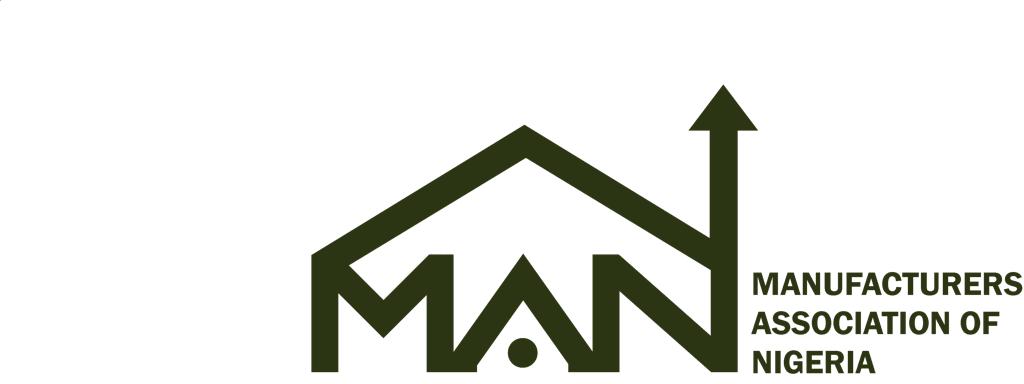The Manufacturers Association of Nigeria (MAN) has issued a stern warning against the potential reintroduction of a 4% Free-on-Board (FOB) levy by the Nigeria Customs Service (NCS). MAN argues that this levy would be detrimental to the already struggling manufacturing sector, undermining its fragile recovery and jeopardizing Nigeria’s aspirations to become a leading industrial hub in West Africa. The association emphasizes that such a move contradicts the government’s own fiscal policy reforms aimed at streamlining levies and reducing the cost of doing business, ultimately pushing the sector closer to de-industrialization. MAN’s concerns stem from the perceived lack of consultation with key stakeholders, particularly manufacturers, before floating the idea of reinstating the levy. The association believes that such a significant policy shift requires thorough discussion and collaborative engagement to assess its potential impact and explore alternative solutions.
MAN contends that the reintroduction of the 4% FOB levy, coupled with the existing 1% Comprehensive Import Supervision Scheme (CISS) charge, will exacerbate inflationary pressures already burdening businesses and consumers. This comes at a time when manufacturers are grappling with escalating energy costs, a potential 15% hike in port charges, and a substantial increase in effective import duty calculation rates. The cumulative effect of these cost increases could force many local firms to shut down, further weakening the manufacturing sector and contributing to job losses. MAN highlights the adverse impact on household incomes, as the rising cost of production will inevitably translate to higher prices for locally produced goods, further squeezing consumers struggling with the current economic realities. Moreover, MAN fears that the levy will incentivize smuggling and other trade malpractices, undermining legitimate businesses and eroding government revenue.
The association paints a bleak picture of the potential consequences of the FOB levy, predicting a surge in import costs, disruptions to supply chains, raw material shortages, increased demurrage charges, and a build-up of unsold inventories. These challenges would further hamper manufacturers’ ability to compete both domestically and internationally, stifling growth and hindering the sector’s contribution to the national economy. MAN also emphasizes the negative impact on Nigeria’s non-oil export potential, as many manufacturing exporters rely on imported inputs and machinery not readily available locally. The increased cost of these imports would render Nigerian exports less competitive in the global market, undermining efforts to diversify the economy and boost foreign exchange earnings.
MAN points to the alarming increase in import costs, which have risen by over 118% between the first nine months of 2023 and the same period in 2024, from N2.07 trillion to N4.53 trillion. This dramatic increase underscores the existing pressures on manufacturers and highlights the vulnerability of the sector to further cost increases. The association argues that imposing the 4% FOB levy in this context would be counterproductive and amplify the existing challenges faced by the manufacturing sector. MAN’s director-general, Segun Ajayi-Kadir, stressed that imposing the levy amidst record-high inflation, recently rebased to 24.23% from a peak of 34.8%, will further erode consumer purchasing power and push up the prices of locally produced goods, creating a vicious cycle of economic hardship.
Instead of implementing the levy, MAN urges the Federal Government to direct the NCS to explore measures that facilitate trade and support productivity within the manufacturing sector. The association advocates for policies that reduce the cost of doing business, expand market access, and incentivize new entrants into the sector, particularly given the high rate of business mortality. MAN emphasizes the need for a collaborative approach between the government and the private sector to develop sustainable solutions that address the challenges faced by manufacturers and promote the sector’s growth. The association believes that such a collaborative effort is crucial to achieving Nigeria’s industrialization goals and creating a more resilient and competitive manufacturing sector.
MAN concludes its argument by calling on the Federal Government to align its policies with global trends that promote industrialization and protect domestic production. The association contends that the proposed FOB levy represents a step in the wrong direction, undermining the government’s own stated objectives and placing an undue burden on a crucial sector of the Nigerian economy. MAN reiterates its commitment to engaging with the government and other stakeholders to find sustainable solutions that support the growth and development of the manufacturing sector, ensuring its long-term viability and contribution to Nigeria’s economic prosperity. The association emphasizes the need for a policy environment that fosters innovation, competitiveness, and job creation within the manufacturing sector, ultimately contributing to a stronger and more diversified national economy.














